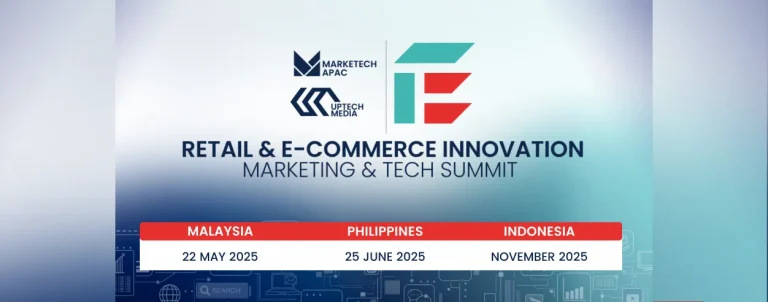Singapore – Singapore’s digital economy grew to S$128.1 billion in 2024, accounting for 18.6% of the nation’s gross domestic product (GDP), according to data from the Infocomm Media Development Authority (IMDA).
The information & communications (I&C) sector contributed 6% to GDP in 2024, with real growth of 5%—faster than the national average of 4.4%. The remaining two-thirds of the digital economy came from non-I&C sectors, where digital activity rose 12.2% year-on-year to S$86.8 billion.
Digital adoption continued to deepen across businesses. In 2024, over 95% of small and medium-sized enterprises (SMEs) had adopted at least one form of digital technology.
The use of artificial intelligence (AI) also rose sharply, particularly among smaller firms. AI adoption among SMEs tripled in one year to 14.5%, while among larger enterprises it climbed from 44% to 62.5%.
Businesses adopting AI through IMDA’s Productivity Solutions Grant reported significant benefits, including average cost savings of 52% and 71% among those implementing AI-driven cybersecurity solutions.
“We are encouraged by the strong growth momentum of our digital economy,” Kiren Kumar, deputy chief executive of IMDA, commented.
He added, “We will broaden and deepen our support for sectors, enterprises, and talent to harness digitalisation and AI for innovation and productivity.”
Companies are using AI across a growing range of functions, such as IT, customer service, and finance. Most rely on ready-made generative AI tools, though many are also investing in domain-specific and customised systems. More than two-thirds of firms plan to upskill staff in AI use within the next two years, with many also redesigning roles to integrate AI more effectively.
AI is becoming a fixture in the workplace as well. IMDA’s survey found that nearly three in four workers now use AI tools at work, most often for tasks like brainstorming, writing, and administration.
The majority reported improvements in productivity, time savings, and work quality, while others noted gains in creativity and learning. Around 70% of employees said their employers supported AI use through training, access to paid tools, or workplace guidelines.
Singapore’s technology workforce also continued to grow, reaching 214,000 in 2024, up from 208,300 the previous year.
Most of this increase came from non-I&C sectors, where tech-related jobs rose nearly 4%. Roles linked to AI, data, and cybersecurity were among the fastest growing, with tech workers earning a median monthly wage of S$7,950—well above the overall median of S$4,860.
Demand for skills such as Python, structured query language (SQL), and cloud platform management has increased, reflecting a broader shift towards scalable digital infrastructure.
In contrast, traditional web development skills have become less sought after. Job postings requiring AI expertise have also risen across industries, including Finance & Insurance, Manufacturing, and Professional Services.
IMDA said it will continue working with government agencies, businesses, and workers to strengthen Singapore’s position as a leading digital economy.
“We are laying the foundation for frontier technologies, including embodied AI, agentic AI, quantum computing and communications, ensuring Singapore stays competitive and inclusive in the digital future,” Kiren explained.
Efforts are also underway to build capabilities in emerging fields such as embodied AI, agentic AI, quantum computing, and quantum communications to ensure the country remains competitive and inclusive in the digital age.












